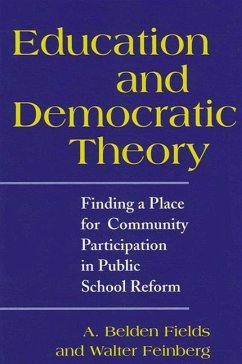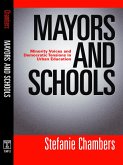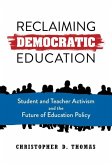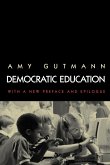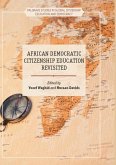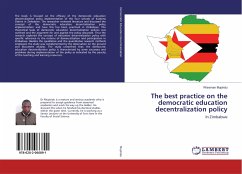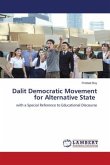A ground-breaking look at how access to decision making in the public schools can be extended to all, even previously excluded segments of the community. Winner of the 2001 American Educational Studies Association Critics' Choice Award Much has been made of the gap between public schools and the communities that they serve. This book shows how a group of teachers, parents, and community people in "Ed City" formed an educational reform group-the Project for Educational Democracy-to increase access to decision making in their school system, especially for members of the community who had previously been excluded. A combination of ethnographic research and theoretical reflection, this book addresses concepts of community, authority, representation, participation, and democracy.
Bitte wählen Sie Ihr Anliegen aus.
Rechnungen
Retourenschein anfordern
Bestellstatus
Storno

